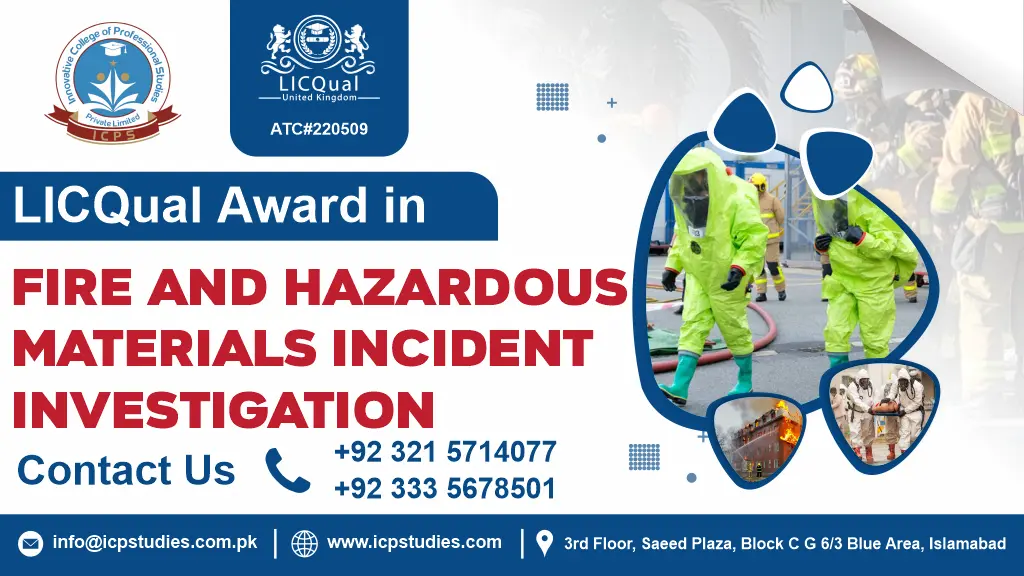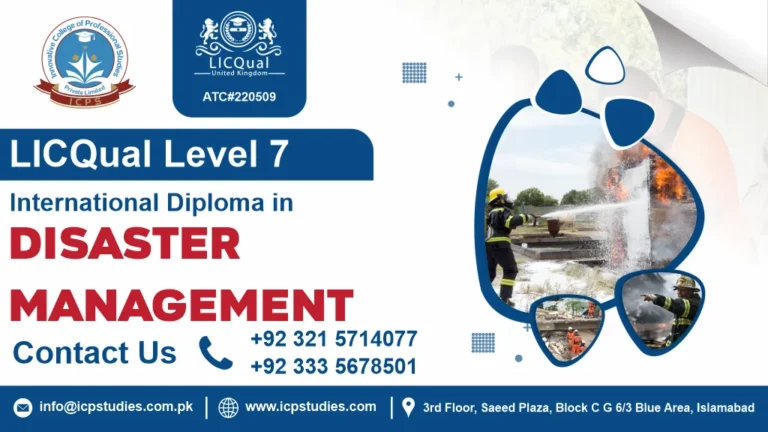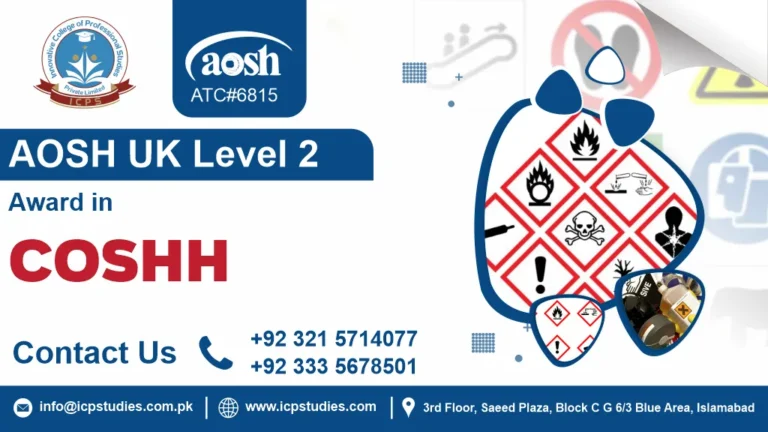In the realm of emergency response and public safety, the meticulous investigation of fire and hazardous materials incidents stands as a cornerstone in preventing future disasters and safeguarding communities. Professionals engaged in this crucial work play a pivotal role in uncovering the root causes of incidents, identifying potential hazards, and developing strategies for mitigation and prevention. Recognizing the importance of this field, numerous organizations and institutions offer awards to commend individuals who have demonstrated excellence and dedication in fire and hazardous materials incident investigation.
The Award in Fire and Hazardous Materials Incident Investigation serves as a testament to the skills, knowledge, and commitment of individuals involved in this specialized area of emergency response. It acknowledges their contributions to the field and honors their efforts in enhancing safety and resilience within their communities.
Recognition through such awards not only celebrates individual achievements but also raises awareness about the critical role of fire and hazardous materials incident investigation in emergency management. It highlights the significance of thorough and systematic investigation processes in understanding the dynamics of incidents, assessing their impact, and implementing measures to prevent recurrence.
By promoting excellence in fire and hazardous materials incident investigation, these awards inspire professionals to continually enhance their skills, stay updated on emerging trends and technologies, and collaborate with peers to advance best practices in the field. They serve as a catalyst for continuous improvement and innovation, driving forward the standards of investigation and response in the face of evolving challenges and complexities.
The Award in Fire and Hazardous Materials Incident Investigation holds immense significance in honoring the dedication and expertise of professionals committed to safeguarding lives, property, and the environment in the face of fire and hazardous materials incidents. It serves as a beacon of excellence, encouraging ongoing innovation, collaboration, and knowledge sharing within the emergency response community. Through such recognition, we honor the past achievements, celebrate the present contributions, and inspire future generations to uphold the highest standards of professionalism and service in this vital field.
All About Award in Fire and Hazardous Materials Incident Investigation
Course Overview
The “Award in Fire and Hazardous Materials Incident Investigation” is a prestigious recognition bestowed upon individuals who have demonstrated exceptional skills, knowledge, and dedication in investigating incidents involving fire and hazardous materials. This award acknowledges the significant contributions of professionals within the field of emergency response and public safety.
Recipients of this award are typically professionals who have shown exemplary performance in conducting thorough investigations of fire incidents, chemical spills, hazardous materials accidents, and other related emergencies. They are often experts in assessing the causes and effects of such incidents, identifying potential risks and hazards, and developing effective strategies for response, mitigation, and prevention.
The criteria for receiving the Award in Fire and Hazardous Materials Incident Investigation may vary depending on the organization or institution presenting the award. However, common factors often considered include the individual’s expertise in fire science, hazardous materials management, forensic analysis, incident command, and overall contributions to improving emergency response practices.
Award in Fire and Hazardous Materials Incident Investigation plays a crucial role in honoring the achievements of professionals who work tirelessly to ensure the safety and well-being of communities in the face of fire and hazardous materials emergencies.
Study Units
Learning Outcomes
Here are the expected outcomes for each of the study units:
- Introduction to Fire Incident Investigation:
- Understand the purpose and importance of fire incident investigation.
- Identify key stakeholders and their roles in the investigation process.
- Explain the basic principles and methodologies of fire incident investigation.
- Fire Behavior and Dynamics:
- Describe the fundamentals of fire behavior and combustion.
- Analyze how various factors influence fire spread and development.
- Evaluate the impact of fire behavior on incident management and firefighter safety.
- Hazardous Materials and Their Risks:
- Identify different types of hazardous materials and their properties.
- Assess the risks associated with hazardous materials incidents.
- Develop strategies for safely managing and mitigating hazardous materials incidents.
- Preserving and Collecting Evidence at Incident Scenes:
- Understand the importance of preserving the integrity of the incident scene.
- Demonstrate proper techniques for documenting and collecting evidence.
- Apply chain of custody protocols to ensure the admissibility of evidence in legal proceedings.
- Interviewing Techniques for Incident Investigation:
- Learn effective communication and interviewing skills.
- Conduct structured interviews with witnesses, victims, and other involved parties.
- Obtain relevant information and insights to support the investigation process.
- Root Cause Analysis in Fire and Hazardous Materials Incidents:
- Identify potential causes and contributing factors of fire and hazardous materials incidents.
- Apply root cause analysis techniques to systematically uncover underlying issues.
- Develop recommendations for preventing similar incidents in the future.
- Incident Reconstruction and Analysis:
- Utilize evidence and data to reconstruct the sequence of events leading up to an incident.
- Analyze the actions and decisions made during the incident response.
- Identify lessons learned and opportunities for improving emergency response procedures.
- Safety Measures and Risk Management:
- Implement safety protocols and procedures to minimize risks during incident investigation.
- Assess potential hazards and implement appropriate control measures.
- Promote a culture of safety and accountability within the incident response team.
- Incident Reporting and Documentation:
- Create accurate and comprehensive incident reports.
- Document findings, observations, and conclusions in a clear and organized manner.
- Ensure compliance with regulatory requirements and organizational standards for incident documentation.
- Communicating Findings to Stakeholders:
- Effectively communicate investigation findings to various stakeholders, including emergency responders, policymakers, and the public.
- Tailor communication strategies to address the needs and interests of different audiences.
- Facilitate dialogue and collaboration among stakeholders to implement recommended actions and improvements.
Admission Criteria
Entry requirements for the course “Introduction to Fire Incident Investigation” may vary depending on the institution offering the course and its level of complexity. However, here are some typical entry requirements:
- Educational Background:
- High School Diploma or equivalent (for introductory level courses).
- Bachelor’s degree in a relevant field such as Fire Science, Emergency Management, Criminal Justice, or Engineering (for advanced or specialized courses).
- Prerequisites:
- Basic understanding of fire science principles and terminology.
- Familiarity with emergency response procedures and incident management concepts.
- Experience:
- Some courses may require relevant work experience in fields such as firefighting, emergency response, law enforcement, or environmental health and safety.
- Practical experience in conducting investigations or working with hazardous materials may be beneficial.
- Skills:
- Strong analytical and problem-solving skills.
- Effective communication skills, both verbal and written.
- Attention to detail and the ability to work methodically and accurately.
- Proficiency in basic computer applications for documentation and reporting purposes.
- Physical Requirements:
- Some courses may involve practical exercises or fieldwork, so participants should be physically fit and able to safely navigate various environments.
- Legal and Regulatory Requirements:
- Compliance with any legal or regulatory requirements related to the handling of hazardous materials or involvement in fire investigations may be necessary.
- Depending on the jurisdiction, participants may need to meet specific certification or licensing requirements.
- Additional Requirements:
- Submission of a completed application form.
- Payment of course fees or tuition.
- Adherence to any specific admission deadlines or enrollment procedures set by the institution offering the course.
Ideal Candidate
The course “Introduction to Fire Incident Investigation” is designed for individuals who are interested in or currently involved in the fields of emergency response, fire protection, law enforcement, environmental health and safety, or related disciplines. This course is particularly suitable for:
- Firefighters and Emergency Responders: Firefighters and other emergency responders who want to enhance their skills and knowledge in investigating fire incidents and hazardous materials emergencies.
- Fire Investigators: Professionals involved in fire investigation, including fire inspectors, arson investigators, and fire marshals, who seek to deepen their understanding of fire behavior, evidence collection, and incident analysis.
- Safety and Environmental Professionals: Professionals working in occupational health and safety, environmental protection, or industrial hygiene roles who may encounter hazardous materials incidents and need to understand investigation techniques and risk management strategies.
- Law Enforcement Personnel: Police officers, detectives, and forensic specialists who are responsible for investigating fires, explosions, or incidents involving hazardous materials, and who require specialized training in evidence preservation and analysis.
- Emergency Managers and Planners: Individuals involved in emergency management, disaster response, or community resilience planning who need to understand the causes and consequences of fire and hazardous materials incidents to develop effective preparedness and response strategies.
- Students and Researchers: Students pursuing degrees or certifications in fields such as Fire Science, Emergency Management, Criminal Justice, or Environmental Science who want to gain foundational knowledge in fire incident investigation and hazardous materials management.
- Industry Professionals: Professionals working in industries where the handling, storage, or transportation of hazardous materials is common, such as manufacturing, chemical processing, transportation, or warehousing, who need to be familiar with incident investigation principles and safety measures.
- Public Safety Officials: Government officials, policymakers, and regulatory authorities responsible for developing and enforcing codes, standards, and regulations related to fire prevention, hazardous materials management, and public safety.
Overall, the course caters to a diverse audience with a shared interest in understanding the complexities of fire incidents and hazardous materials emergencies, and in developing the skills necessary to effectively investigate, mitigate, and prevent such incidents.
FAQs about LICQual Award in Fire and Hazardous Materials Incident Investigation







